inflation
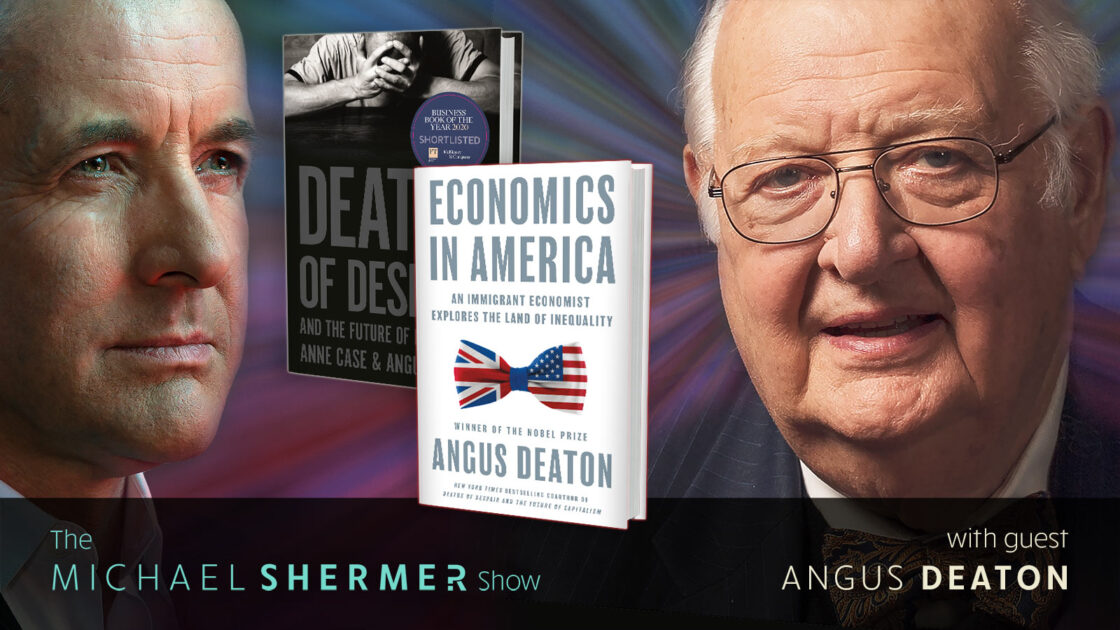
Shermer and Deaton discuss: the science of science is economics • winning a Nobel Prize • what economists do, and how they determine causality • Ludwig von Mises, Friedrich Hayek, Milton Friedman, Ayn Rand • why a college education matters • meritocracy and “Just World” theory • minimum wage • healthcare • poverty • inequality • opioid crisis, alcoholism, suicide • inflation and interest rates • modern monetary theory • think tanks.
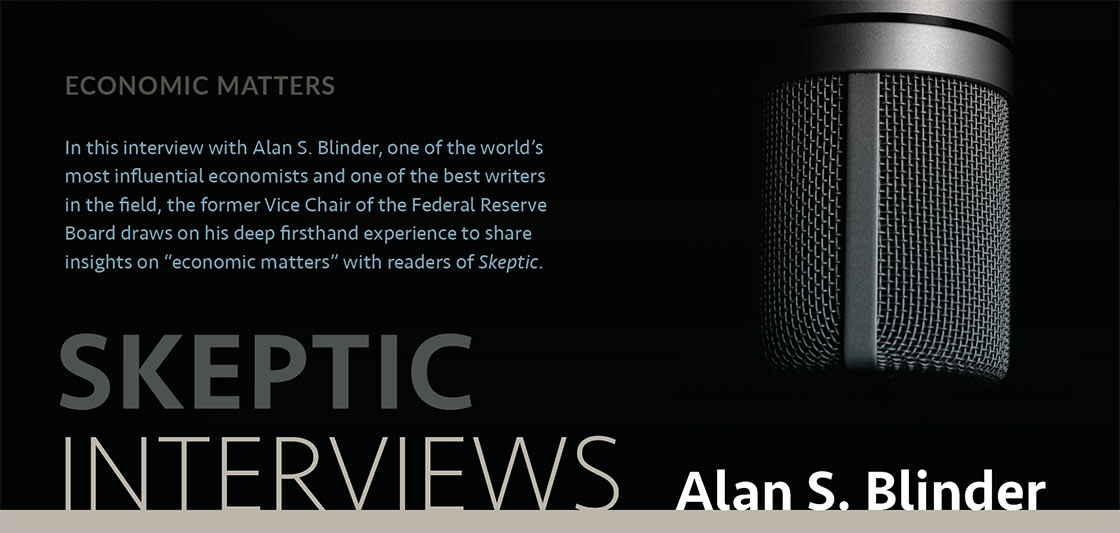
In this interview with Alan S. Blinder, one of the world’s most influential economists and one of the best writers in the field, the former Vice Chair of the Federal Reserve Board draws on his deep firsthand experience to share insights on “economic matters” with readers of Skeptic.
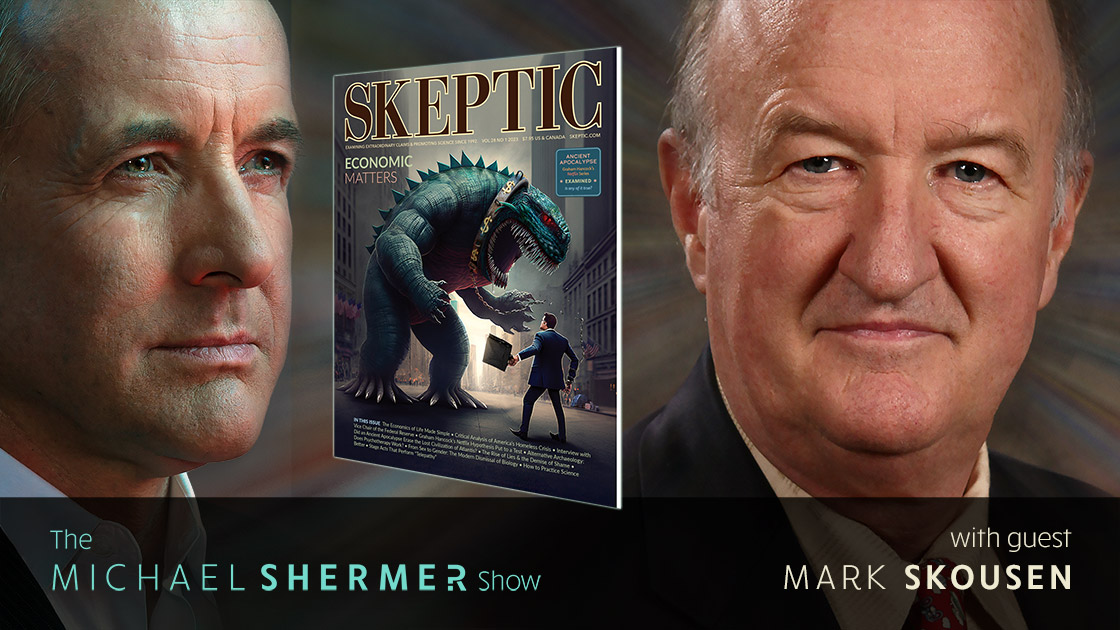
Shermer and Skousen discuss: whether economics is politicized • Adam Smith and what he really said • how the economy really works • fiat money vs. gold standard money • inflation and what to do about it • experimental economics • regulation on capitalism • what the Fed does (or should do) • Modern Monetary Theory • bitcoin/cryptocurrency • monopolies, duopolies, and market capture • antitrust, trustbusting • What’s wrong with free market capitalism? • money, happiness, and meaningfulness.
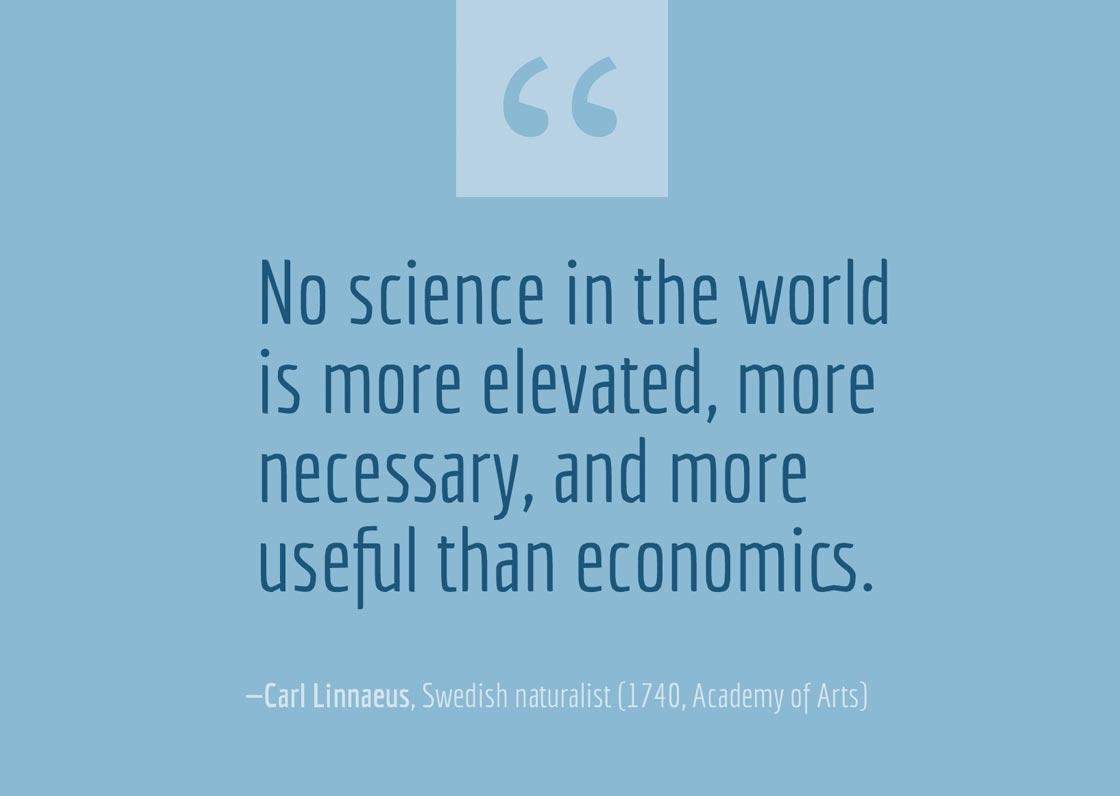
What is money, what is it based on without a gold standard, and can cryptocurrency ever replace it? Why are young people so attracted to democratic socialism, and is there a better alternative? Should valuable goods and services such as college education, medical services, and transportation be made available to the public for free? What is the secret to the success of capitalist nations? Do economists offer any solution to the global warming threat? “America’s Economist,” Mark Skousen, helps make…
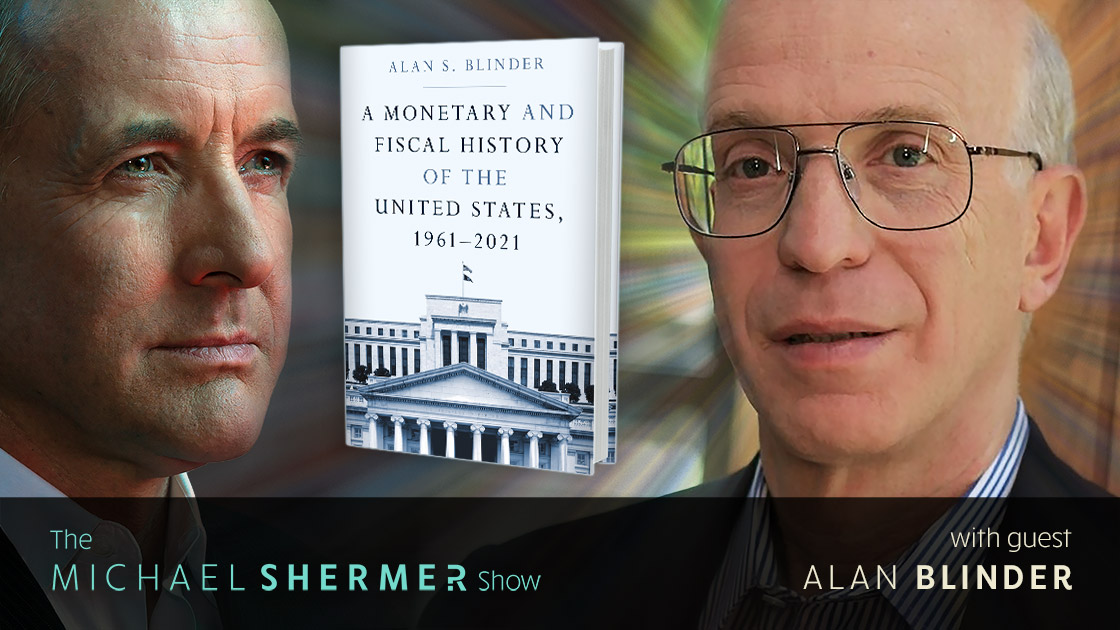
Shermer and Blinder discuss: serving on Bill Clinton’s Council of Economic Advisers • being the Vice Chair of the Federal Reserve Board • What kind of science is economics? • how one’s political leanings influence cause-and-effect economic theories • the difference between monetary and fiscal policy • a Keynesian approach to economics • inflation, stagflation, recessions, depressions, Bull and Bear markets defined • interest rates • the Federal Reserve • the money supply • What makes money valuable without the…
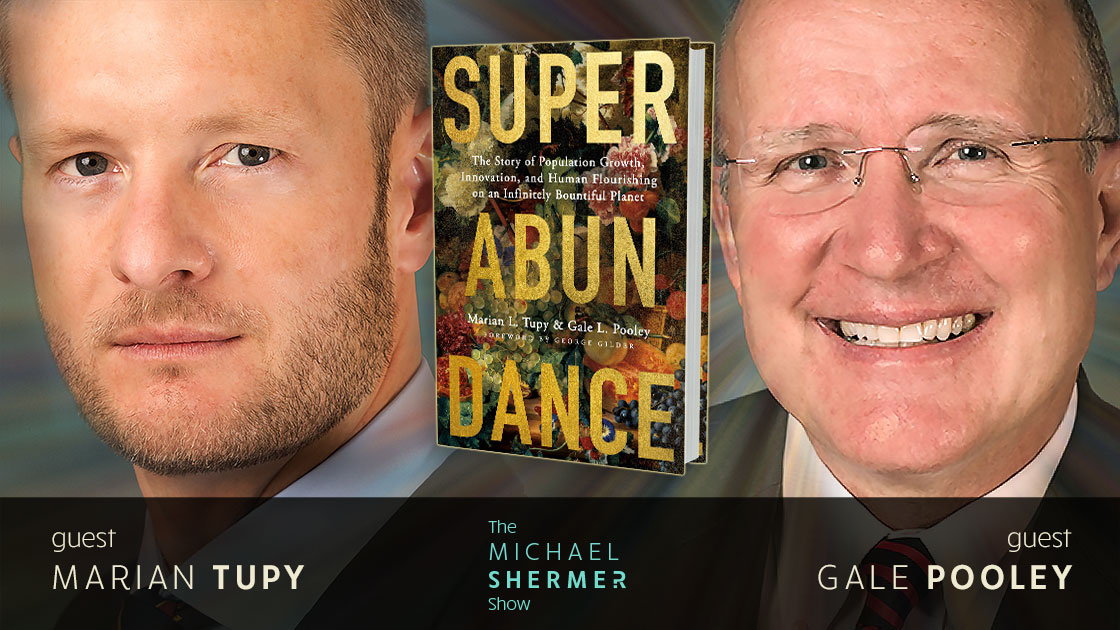
Shermer, Tupy, and Pooley discuss: why we long for the “good ol’ days” • the Malthusian trap • Ehrlich’s predictions on overpopulation • the birth dearth • the Simon Abundance Index • compound interest • What does it mean for the economy to grow 2–3% a year? • accumulating wealth • what poorer countries need to do to become richer countries • running out of fossil fuels • Obama’s “you didn’t build that” speech • inflation • electric vehicles •…














